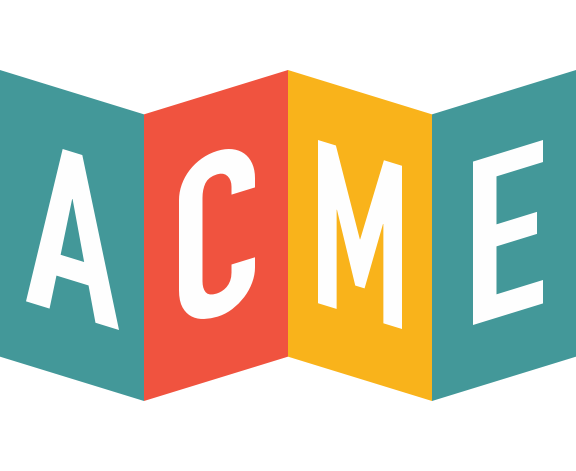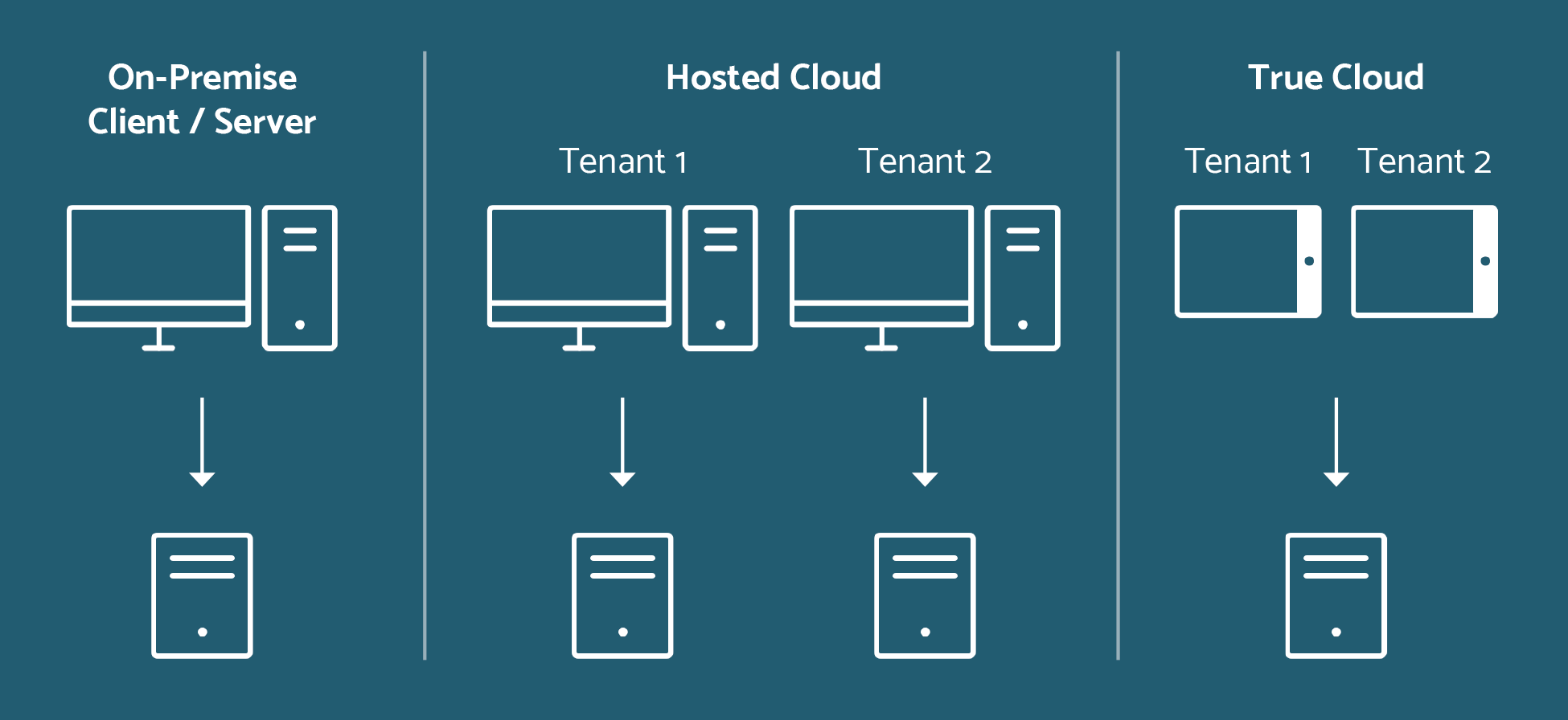Ticketing: How ACME’s Cloud-Based Enterprise Platform Benefits Your Business
Today the cloud is replacing on-premise or hosted enterprise workloads, one vertical at a time. ACME was started to introduce a True Cloud alternative to visitation-based venues who rely on on-premise or hosted solutions for their ticketing needs.
In this paper, we explain how True Cloud platforms like ACME deliver operational benefits for venues and an enhanced experience for visitors. While on-premise solutions were once the best choice for ticketing, today those systems impose unnecessary IT costs and responsibilities, including managing data centers, security and privacy compliances, application updates, and supporting costly bespoke integration to other enterprise applications, such as marketing and accounting.
ACME eliminates these problems. Our True Cloud platform is a comprehensive enterprise system, consolidating Point of Sale (POS) and online functions into one ticketing solution, without the need for you to run data centers. Security and privacy compliances are delivered out of the box. Open APIs and integration middleware let you integrate with other enterprise software apps, while our integration middleware is hybrid to connect-on-premise, letting you preserve your existing investments. Most importantly, our multi-tenant architecture leverages economies of scale to dramatically lower costs.
The industry is changing, and we can see the next transformation. Today, forward-thinking businesses are harnessing the power of the cloud to promote their core business objectives, rather than spending time building computer systems. Money, reliability, flexibility: if your business values these, you owe yourself a shift to a cloud-based platform like ACME.
In this paper, we explore the benefits of adopting a multi-tenant platform for your venue’s ticketing needs.
How do Cloud-Based Ticketing Platforms save you money?
While technological advantages remain important, for those making choices about enterprise ticketing systems the first consideration is still usually cost. This is why the primary advantage ACME offers over on-premise or hosted systems is a dramatically lower TCO (total cost of ownership). Here’s how.
First, Cloud-Based Platforms like ACME remove your direct server costs. Shifting to a cloud-based platform means no data centers for you to purchase and maintain, and no need for you to synchronize your online data with your on-premise application. Security, compliance, and uptime become our guaranteed responsibilities, not yours. Software updates happen on the server side, in the background; innovation remains constant, with zero downtime on your end.
All of this lowers your IT costs and frees your IT resources for higher value-add activities.
Second, ACME lowers costs by leveraging economies of scale. By serving multiple customers with the same servers, and by developing to one code base, as opposed to multiple versions (as is done in on-premise systems), ACME delivers its platform with maximum efficiency. This architecture also means that ACME needs to build connectors to other enterprise applications only once; these connectors then become available to all clients.
Third, ACME integrates easily with other enterprise applications. By nature, ticketing use-cases are omni-channel. On-premise systems, however, make sharing data with other applications – CRM, accounting, finance – prohibitively difficult, forcing venues to either move data manually or to employ costly bespoke systems integrators. ACME’s inter-application connectors and open APIs remove these barriers, making it easy to share data with other enterprise applications. This allows you to select the best, most cost-effective applications for the main functions of your business.

